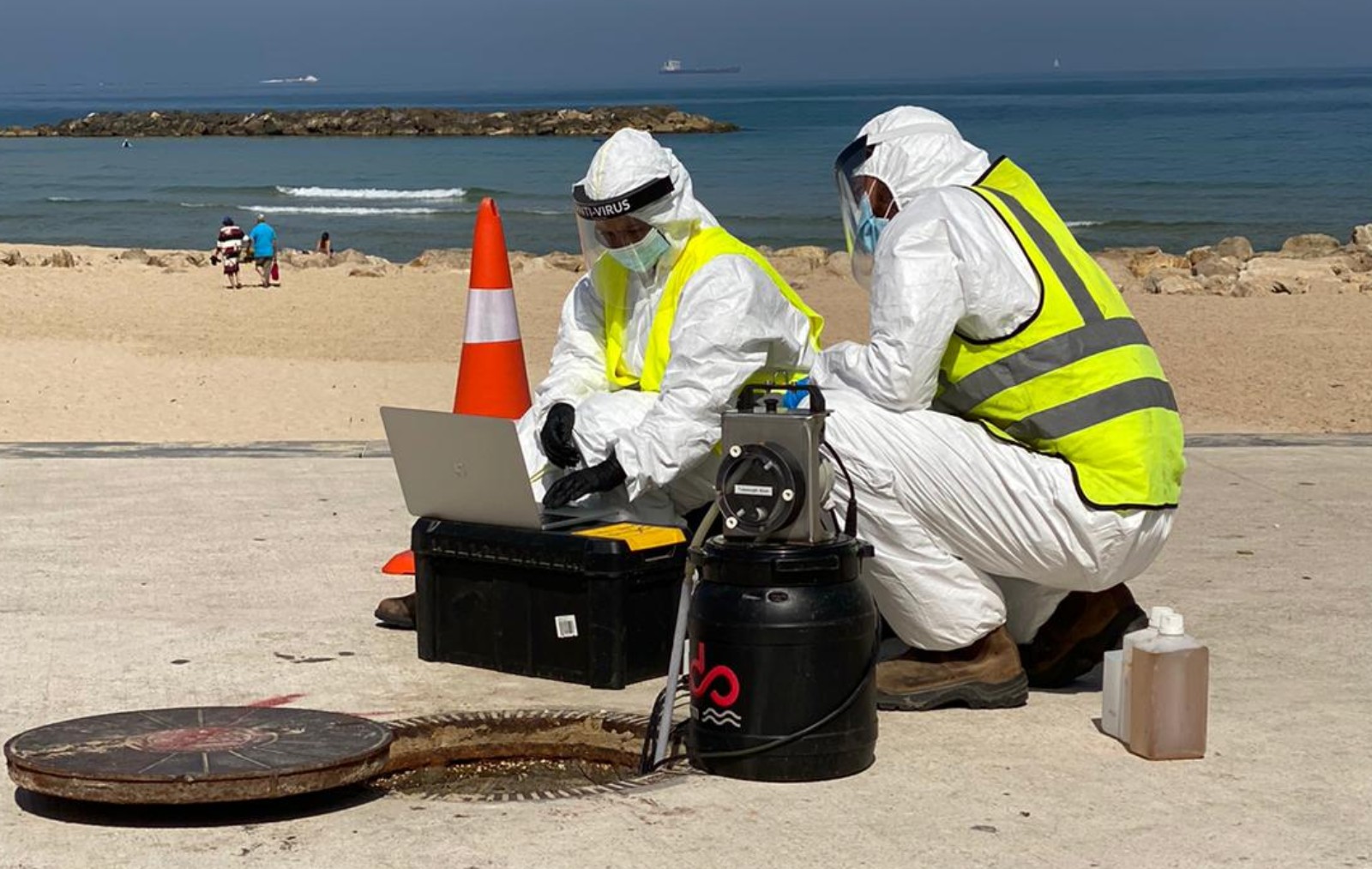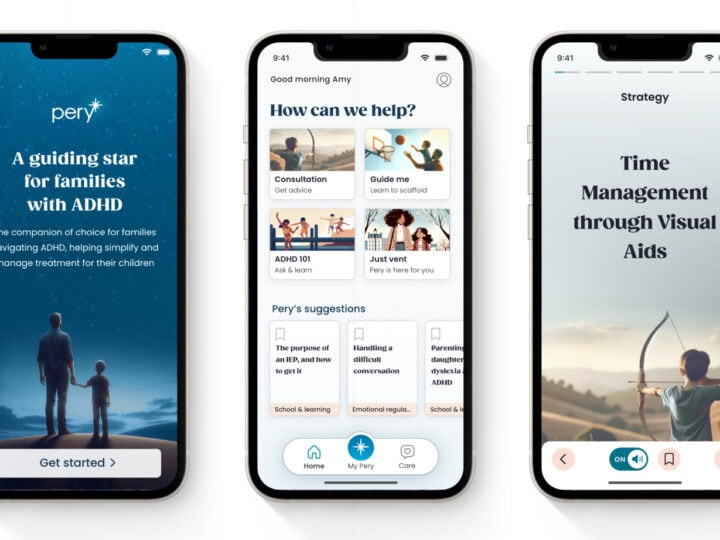Last week, we told you about Kando, an Israeli wastewater management company running a pilot project seeking traces of SARS-CoV-2 coronavirus in the municipal sewage system of Ashkelon.
On July 30, initial findings were released. The results suggest that tracking coronavirus remnants in the sewer network is a timelier and more efficient gauge of the extent of outbreaks than testing individuals – especially since many people show no symptoms or delayed symptoms of Covid-19.
“Monitoring our sewers is like taking the ‘blood test’ of a city,” said Ari Goldfarb, CEO of Kando, which partnered with scientists from the Technion and Ben-Gurion University on designing the pilot.
“The successful initial results of this pilot study demonstrate that our sophisticated wastewater monitoring systems can help detect new outbreaks and determine exactly where and how serious they are,” he said.
By alerting municipal authorities and offering actionable insights, Goldfarb continued, “our hope is to help cities around the world prevent wholesale lockdowns and mitigate future outbreaks.”
The coastal city of Ashkelon (population 150,000) was chosen as the pilot site as it was believed to have a low number of cases, aside from the city’s “coronavirus hotels” housing recovering Covid-19 patients.
To their surprise, researchers discovered significant remnants of the coronavirus in municipal wastewater, indicating early detection of outbreaks in local neighborhoods.
“Identifying traces of the coronavirus in city wastewater is extremely challenging due to the various types of substances found in sewage systems, including industrial wastewater, which can dilute or destroy remnants of the virus,” said Prof. Nadav Davidovitch, director of the School of Public Health at Ben-Gurion.
“Our unique methodology enables us to detect and trace the presence of the virus and calculate its concentration with these substances factored into the equation, and to integrate epidemiological evidence in order to pinpoint emerging Covid-19 hotspots. This will allow authorities to take actions to contain future outbreaks.”
The Kando method includes input from experts in disciplines including virology, water engineering, medicine, epidemiology, biostatistics and public health policy.
















